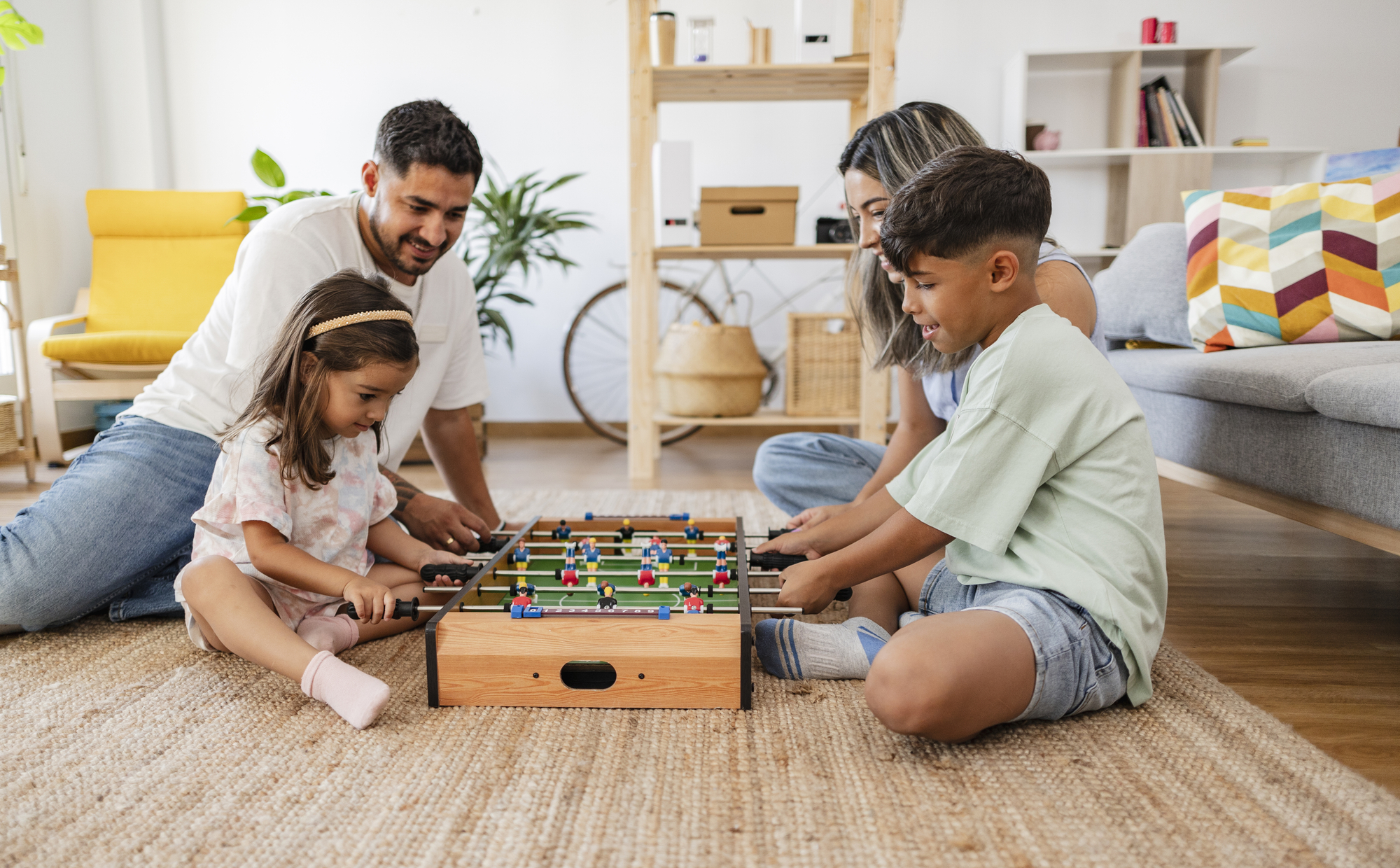30 Engaging Mental Health Games to Boost Your Mind and Mood
30 Engaging Mental Health Games to Boost Your Mind and Mood
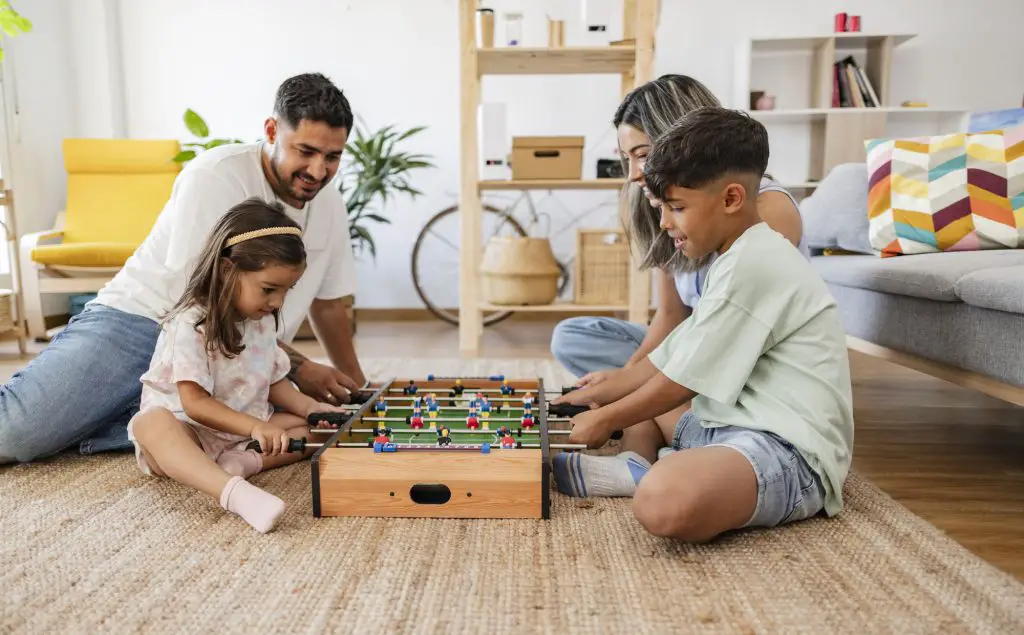
Imagine waking up tomorrow morning and everything about your life is the same except for one thing: you feel content, joyful, and motivated. We often wait for the next job, vacation, or improvement in our relationship to feel satisfied with our lives. We exert so much energy trying to change our external circumstances to pursue happiness. And for many, this is a never-ending chase.
Shifting our attention to look within is often overlooked but can yield profound benefits. Our mental health is critical to our overall well-being and influences how we think, feel, and act daily. It encompasses our emotional, physical, and social well-being, from handling daily stressors to communicating with loved ones and prioritizing. Nurturing our mental health is essential in every stage of our lives, from childhood to early adulthood and into our advanced years. By prioritizing our mental health, we can experience nominal changes in our relationships, work life, physical health, and satisfaction with life.
Many things can improve mental health, such as mindfulness, physical activity, creative outlets, and meaningful relationships. With emerging research supporting play’s positive impact at every age, mental health games are an innovative way to promote emotional health and cognitive resilience. They can reduce stress, improve mood, enhance problem-solving skills, and foster social connection through engaging and interactive activities. As an enjoyable addition to other traditional methods, mental health games make the journey of mental wellness both effective and satisfying, empowering individuals to take proactive steps in managing their mental health.
How Games Benefit Your Mental Health
Mental Stimulation:
- Challenges cognitive functions, leading to improved problem-solving skills, executive functioning, memory, and critical thinking.
- Fosters creativity and individuality, encouraging one to use imagination and self-expression.
Emotional Well-being:
- Improves mood and feelings of pleasure through the release of dopamine.
- Increases confidence through new accomplishments and efforts.
- Grows connection between players through mutual experiences and teamwork.
Social Skills:
- Improves social skills by inviting social interaction and forming or deepening friendships with others.
- Encourages improvement of communication skills, cooperation, and mindfulness of other’s experiences.
Mindfulness and Concentration:
- Immersive games can improve concentration and promote a state of mindfulness in which the player focuses entirely on the activity.
- Some activities and games may bring player’s focus to their emotions, thoughts, and behaviors for a given amount of time.
Top 30 Mental Health Games
Game 1: FEELOPOLY
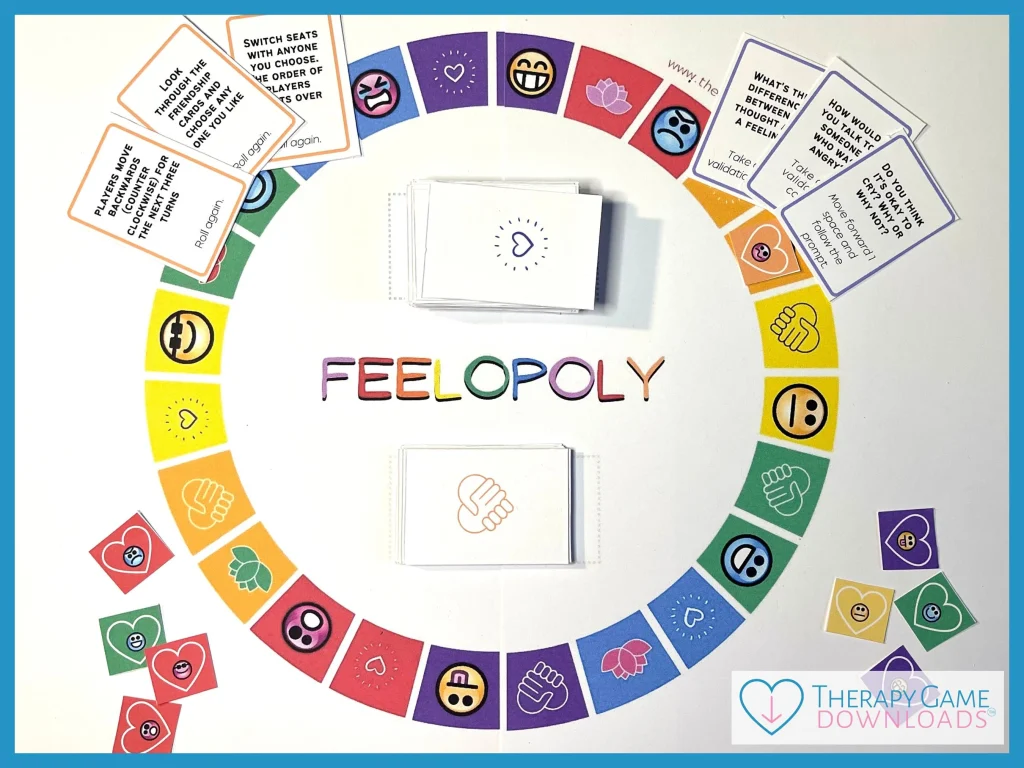
FEELOPOLY is a game designed for kids, teens, and adults to help them articulate and express their emotions. It’s effective for both individual therapy and group settings. Players traverse a board that prompts them to deal with and discuss various emotional experiences.
Game 2: Mental Health Management Bingo
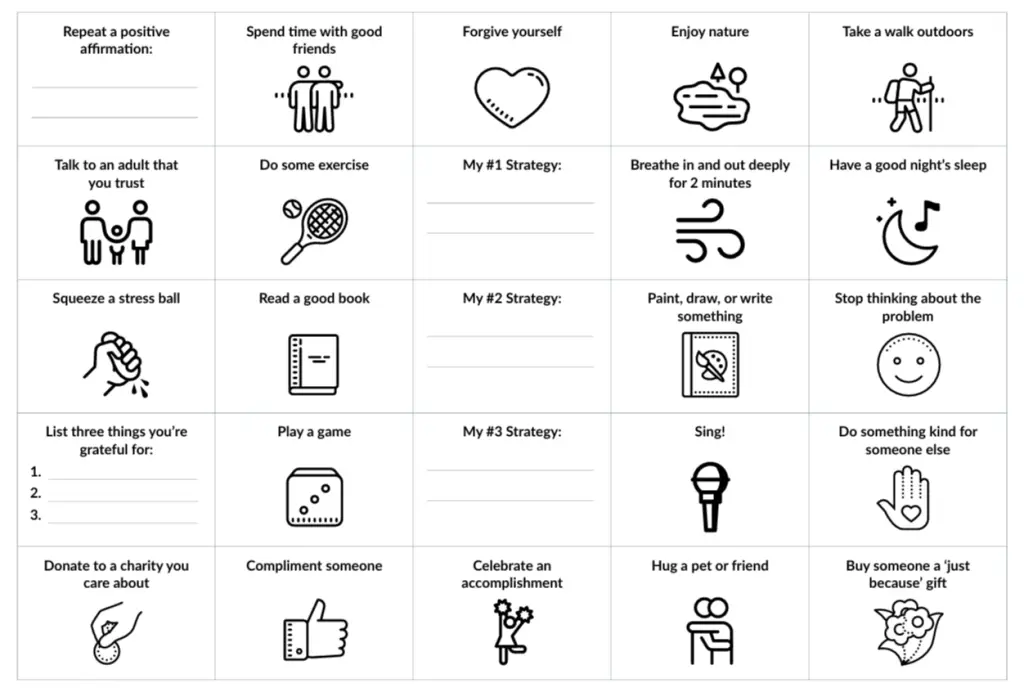
Mental Health Management Bingo turns learning about different coping strategies and mental wellness practices into an engaging group activity. Players mark off squares as they recognize and discuss various aspects of mental health management.
Game 3: SuperBetter
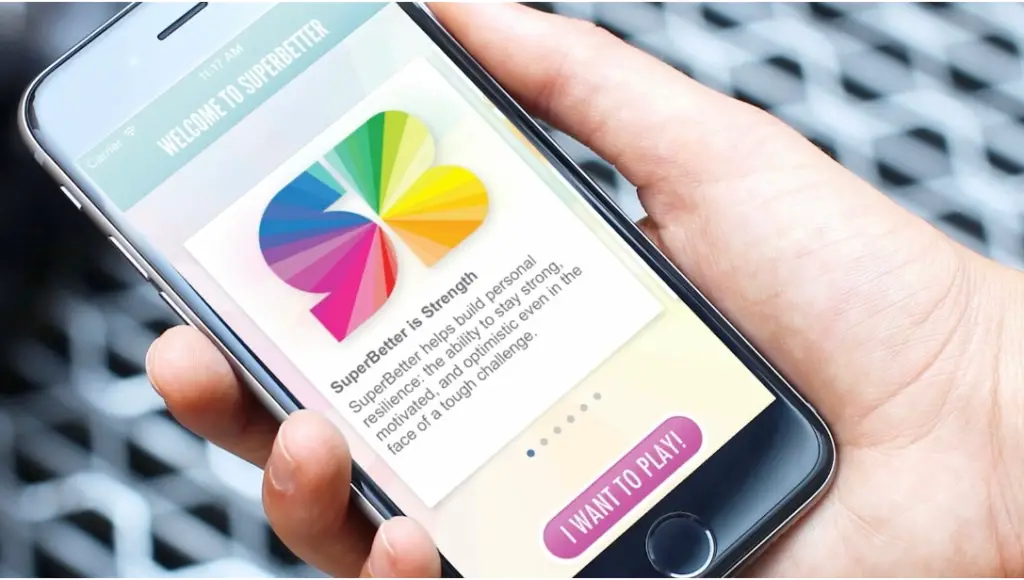
SuperBetter uses game mechanics to help build resilience and tackle real-life challenges based on the principles of CBT.
Game 4: MoodMission
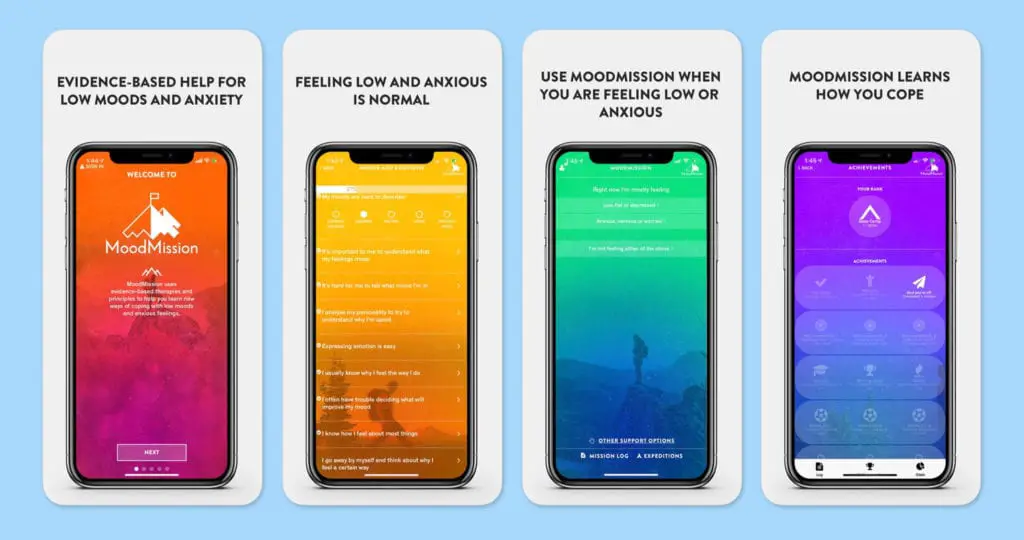
MoodMission provides “missions” to help improve your mood and manage stress, anxiety, or depression, rooted in CBT techniques.
Game 5: Lumosity
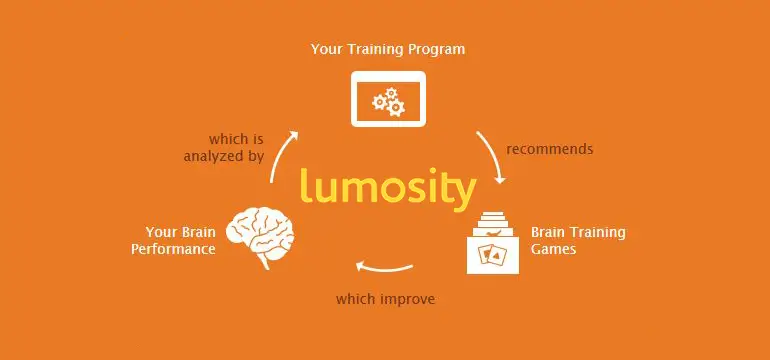
Lumosity offers games designed to improve cognitive skills like memory, attention, and problem-solving.
Game 6: Peak
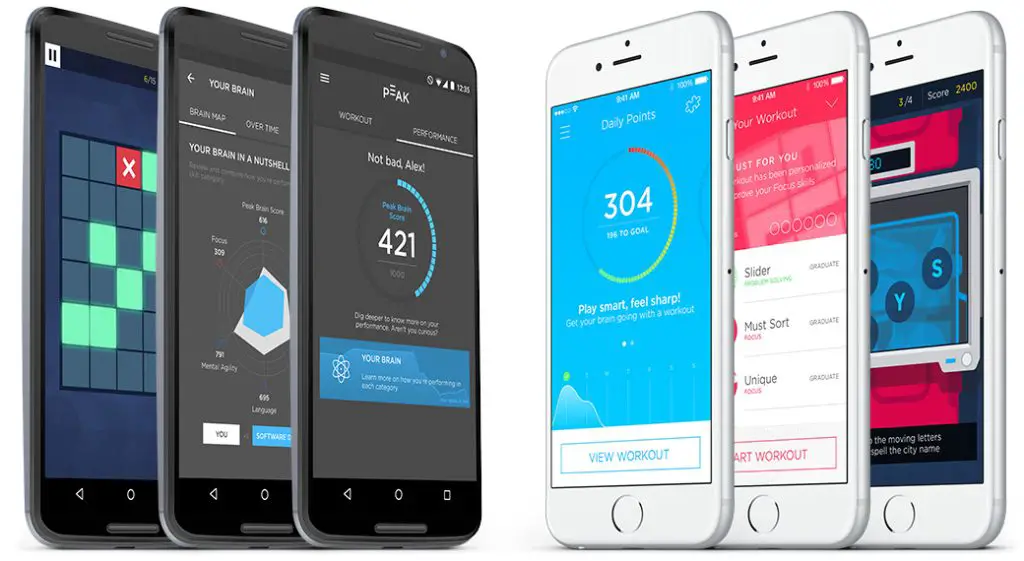
Peak features games and challenges to enhance mental agility, emotional control, and problem-solving skills.
Game 7: The Monkey Mind Meditation Deck
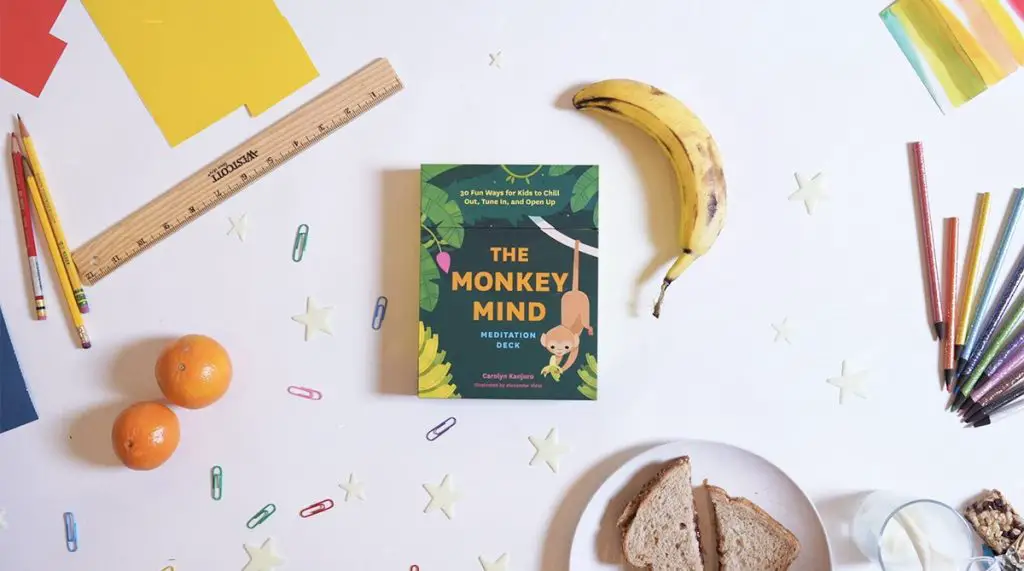
The Monkey Mind Meditation Deck pairs vibrant illustrations, key phrases, and short meditations to help children explore inner qualities and impulses. It empowers children to make mindful choices by promoting self-awareness and understanding without judgment.
Game 8: Colorfy
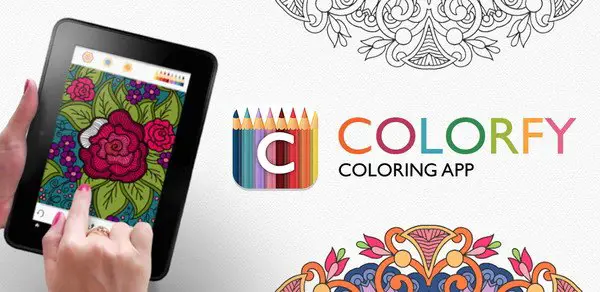
Colorfy is a digital coloring book app that helps reduce stress and anxiety through creative expression.
Game 9: Just Dance
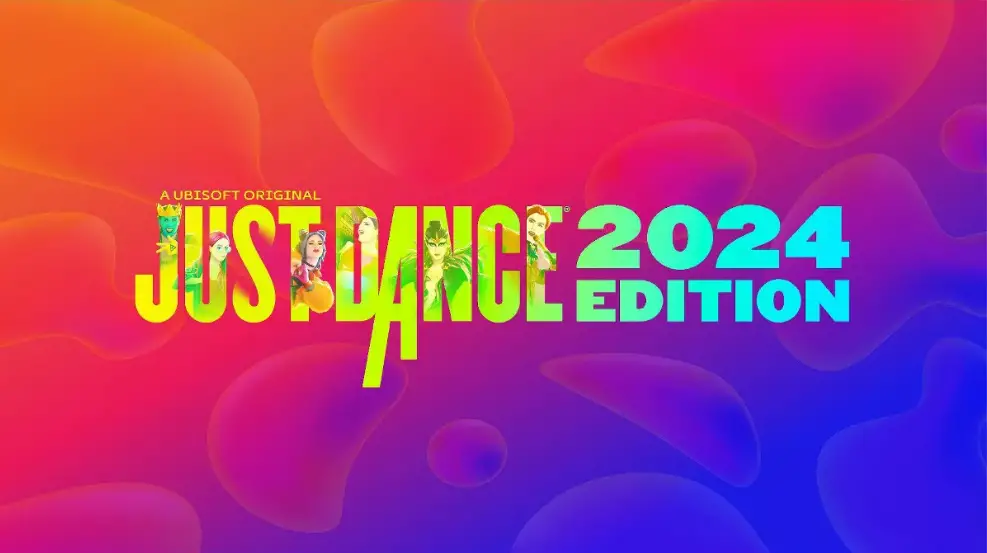
Just Dance is a game that encourages physical activity and can lift your mood through dance and music.
Game 10: Life is Strange

Life is Strange is a narrative-driven video game that deals with complex emotional themes and encourages empathy and emotional engagement.
Game 11: Sudoku
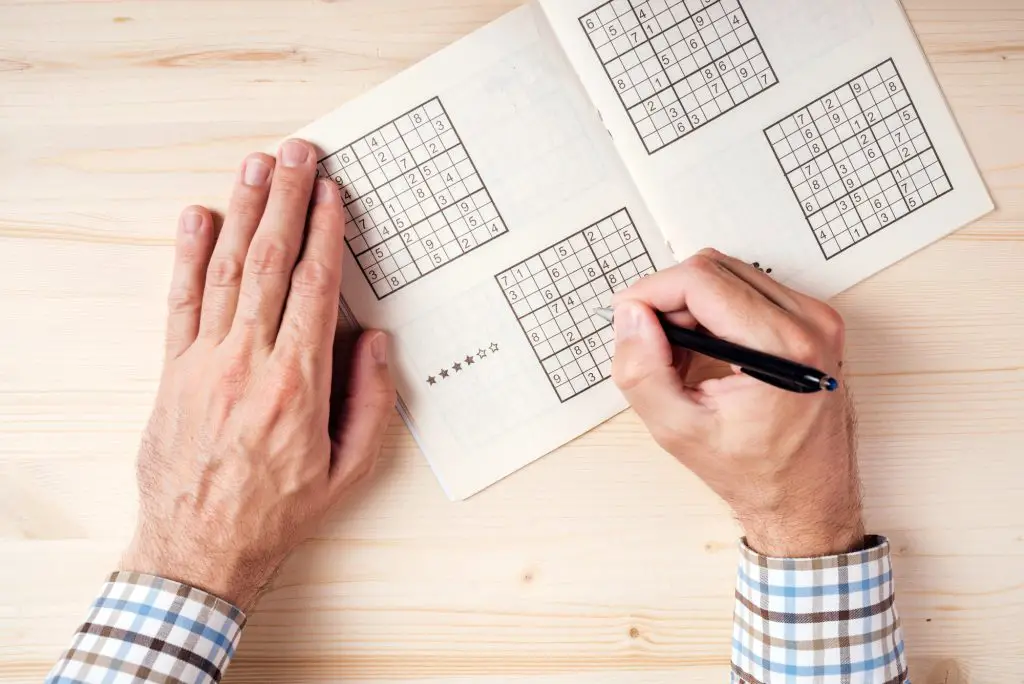
Sudoku is a classic number puzzle game that can improve concentration and cognitive function.
Game 12: Sparx
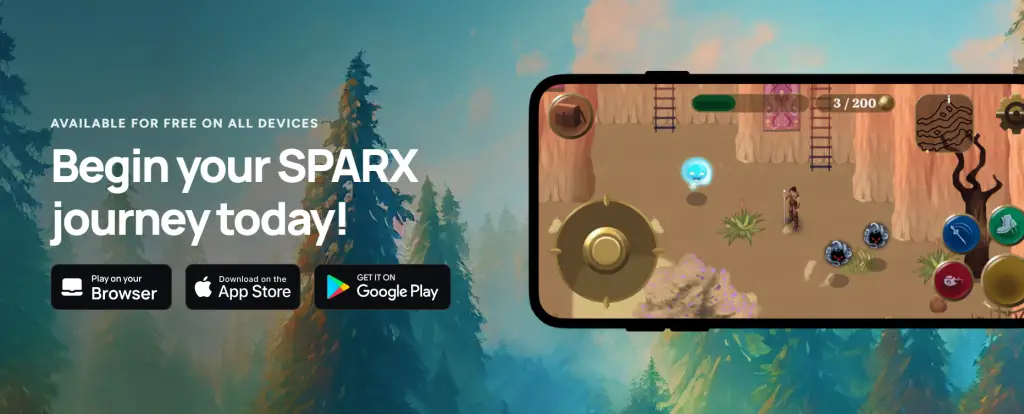
Sparx is an online game designed to help young people with moderate anxiety and depression by teaching them cognitive behavioral therapy techniques through gameplay.
Game 13: Words of Art
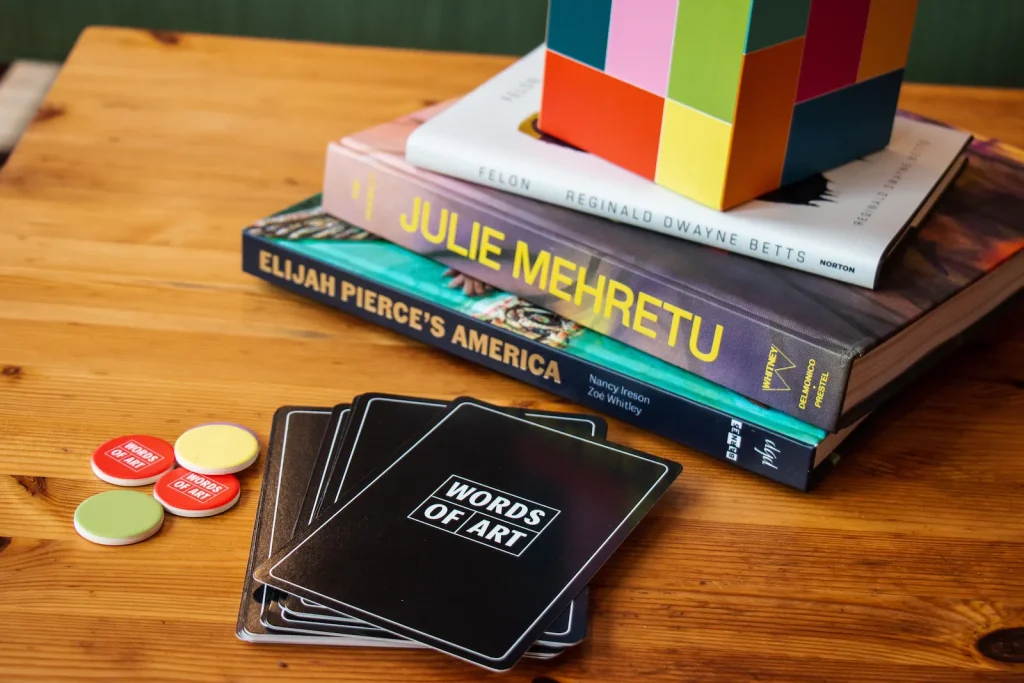
Words of Art is a card game that likens Apples to Apples and challenges its players to pick the art card that best expresses the verbal prompt given by the designated Storyteller.
Game 14: Mindfulness Cards
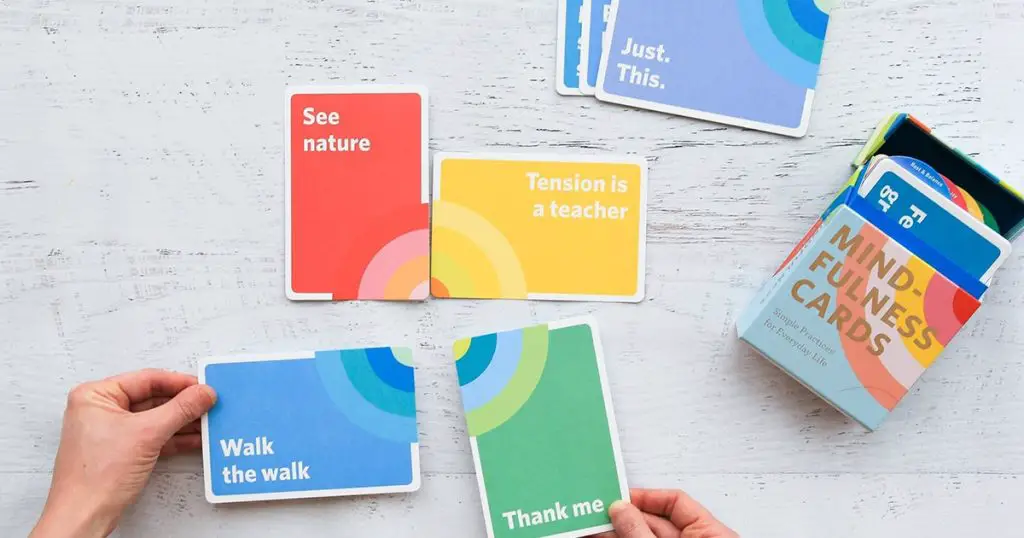
Mindfulness Cards are a deck of cards with various mindfulness exercises and prompts.
Game 15: Flow Free
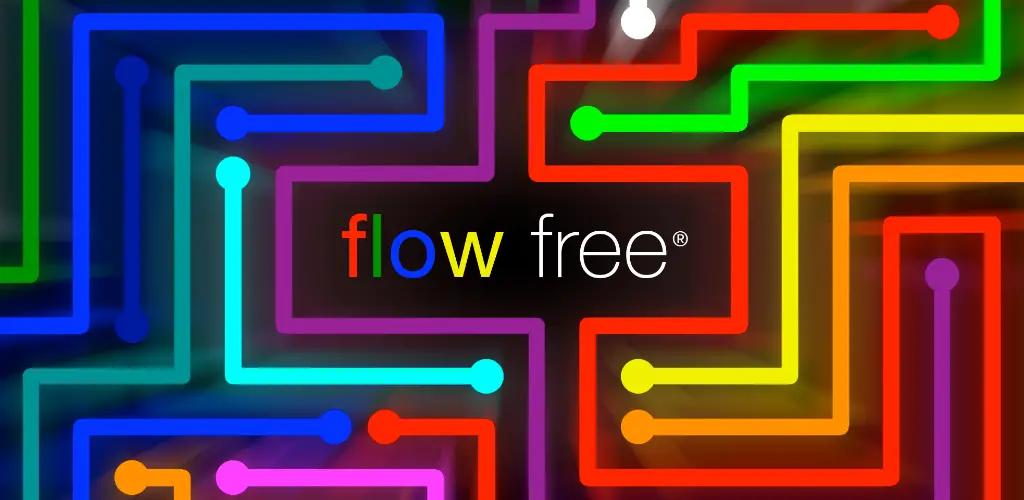
Flow Free is a simple puzzle game that can be relaxing and engaging, helping reduce stress.
Game 16: Fishbowl
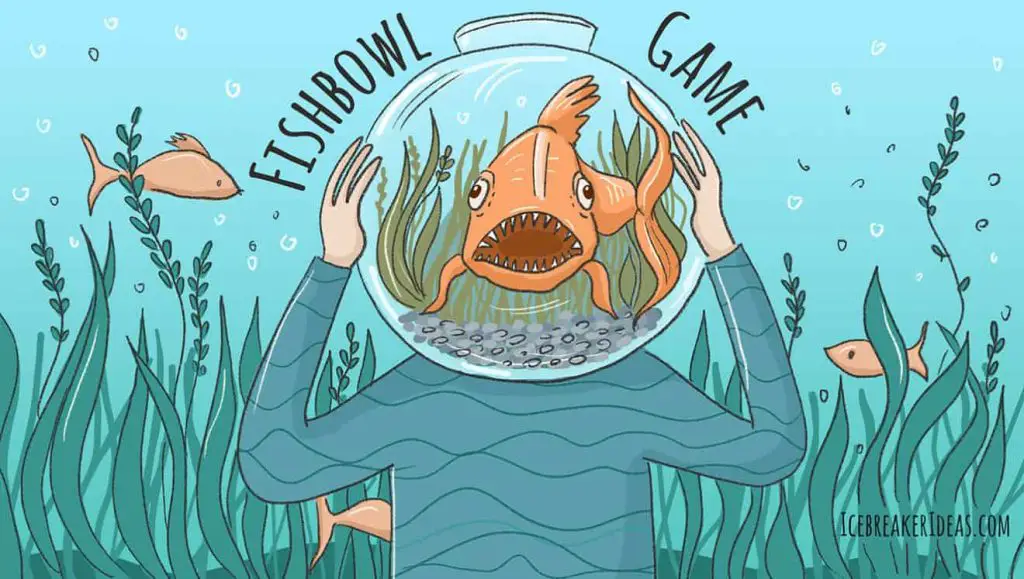
Fishbowl is a multi-player team game that fosters collaboration, creativity, and cognitive functioning by drawing words and using various clue-giving methods.
Game 17: Mindful Games Activity Cards
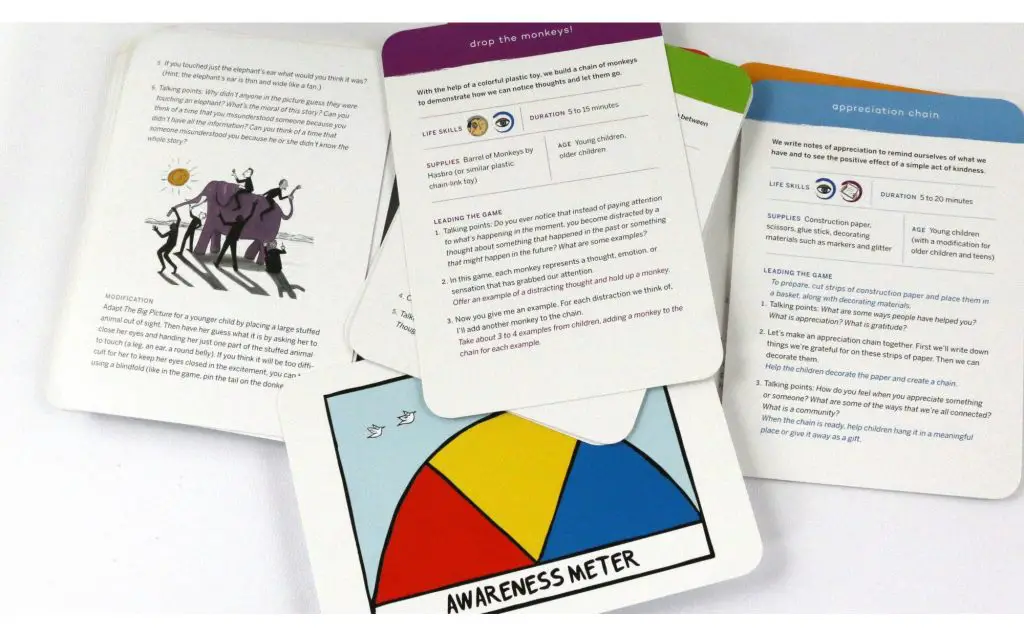
Mindful Games Activity Cards is a deck of 55 mindfulness games that foster kids’ and teens’ focus and attention skills and help them become more mindful.
Game 18: Nature Scavenger Hunt
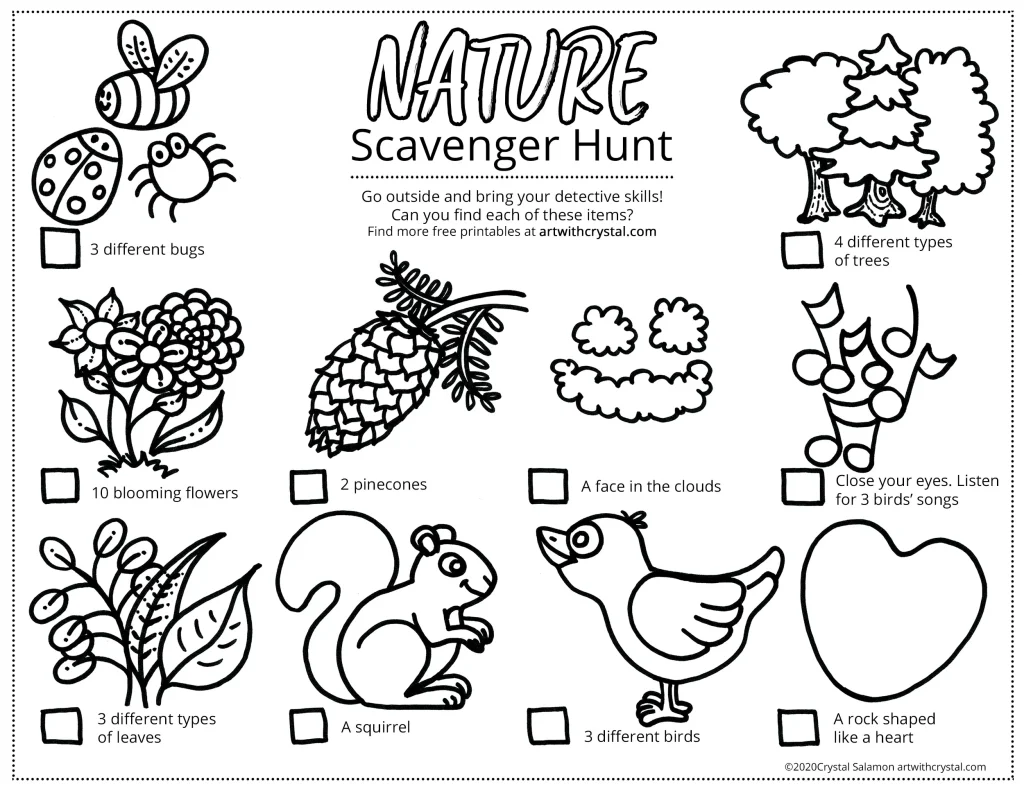
Nature Scavenger Hunt encourages players to search for specific items or complete tasks outdoors, such as finding different types of leaves, spotting wildlife, or identifying natural landmarks.
Game 19: Monument Valley

Monument Valley is a visually stunning and meditative puzzle game that can help distract from stress and anxiety.
Game 20: Codenames
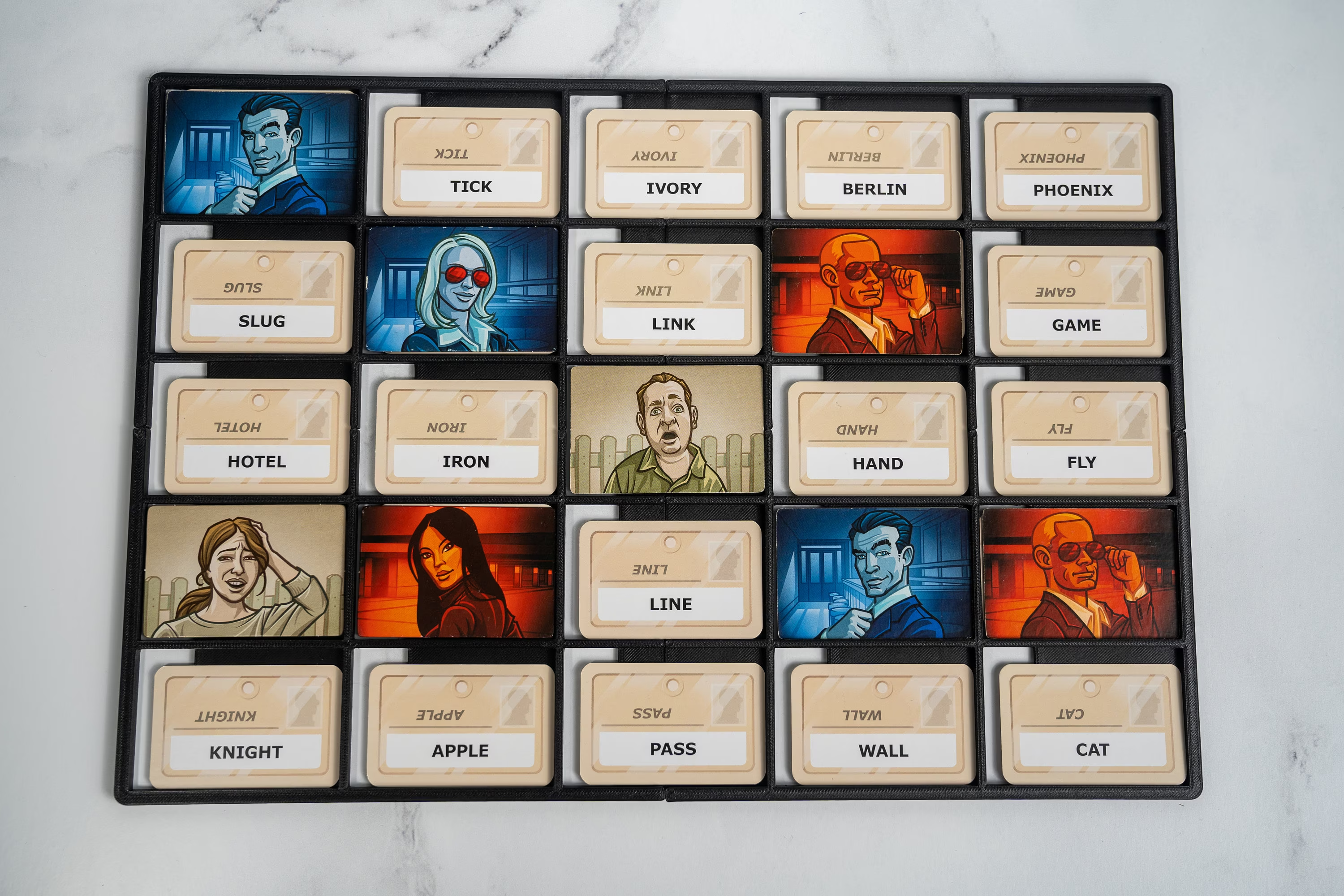
Codenames is a word-based collaborative game where players work in teams to identify their team’s assigned words based on clues given by a chosen teammate.
Game 21: Gris
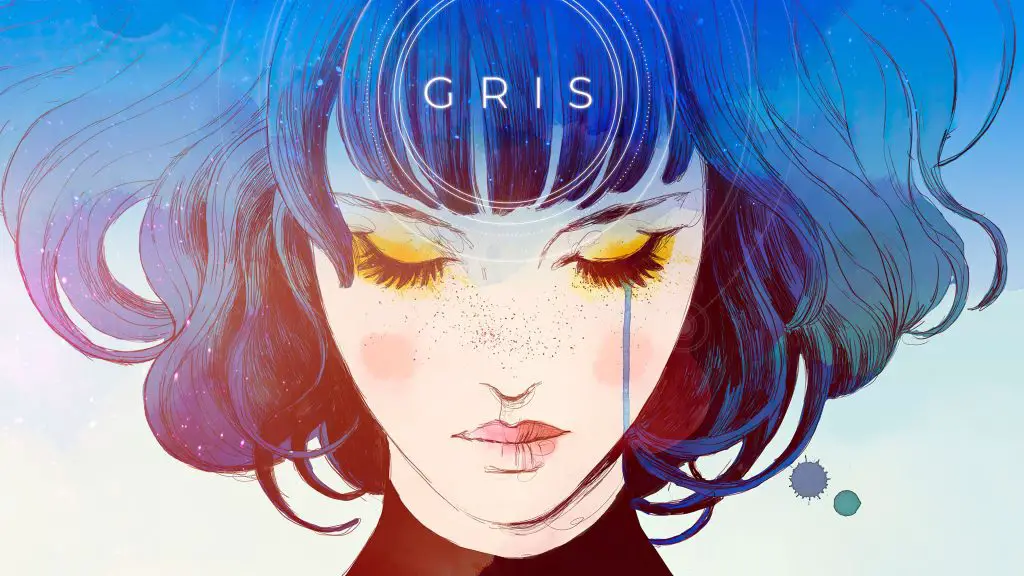
Gris is a video game that tells a brief story about emotional recovery and resilience through beautiful visuals and music.
Game 22: Beat Saber

Beat Saber is a VR rhythm game combining physical exercise with engaging gameplay, promoting physical and mental health.
Game 23: Jackbox Games
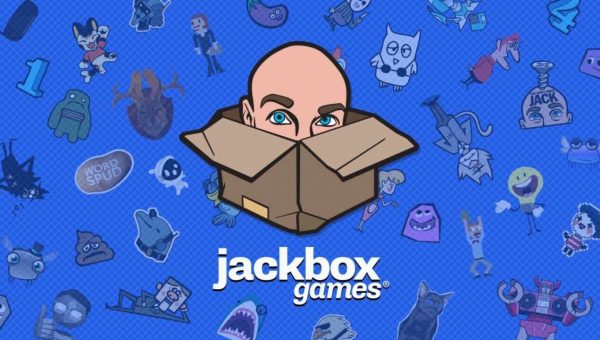
Jackbox Games are group party games that promote social connection and laughter, which are beneficial for mental health.
Game 24: Yoga Dice
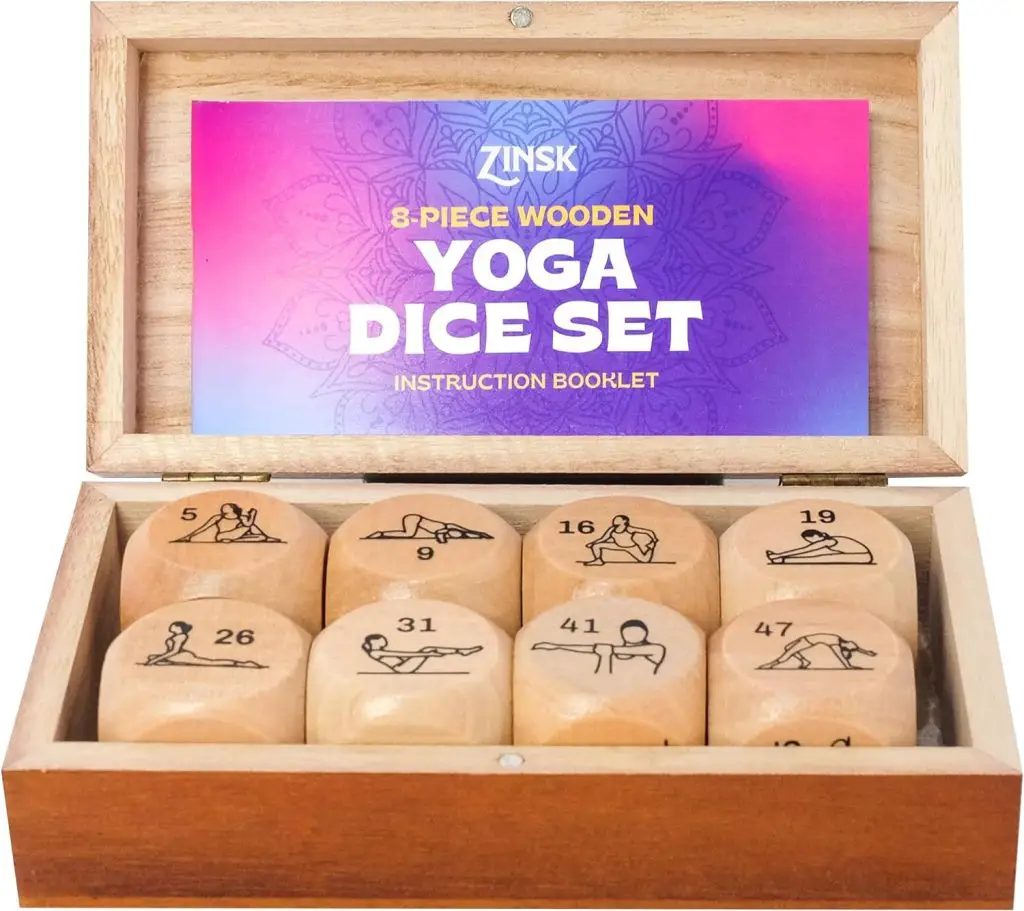
Yoga Dice combines physical activity and playing a game and involves rolling dice to determine different yoga poses and sequences.
Game 25: Solitaire
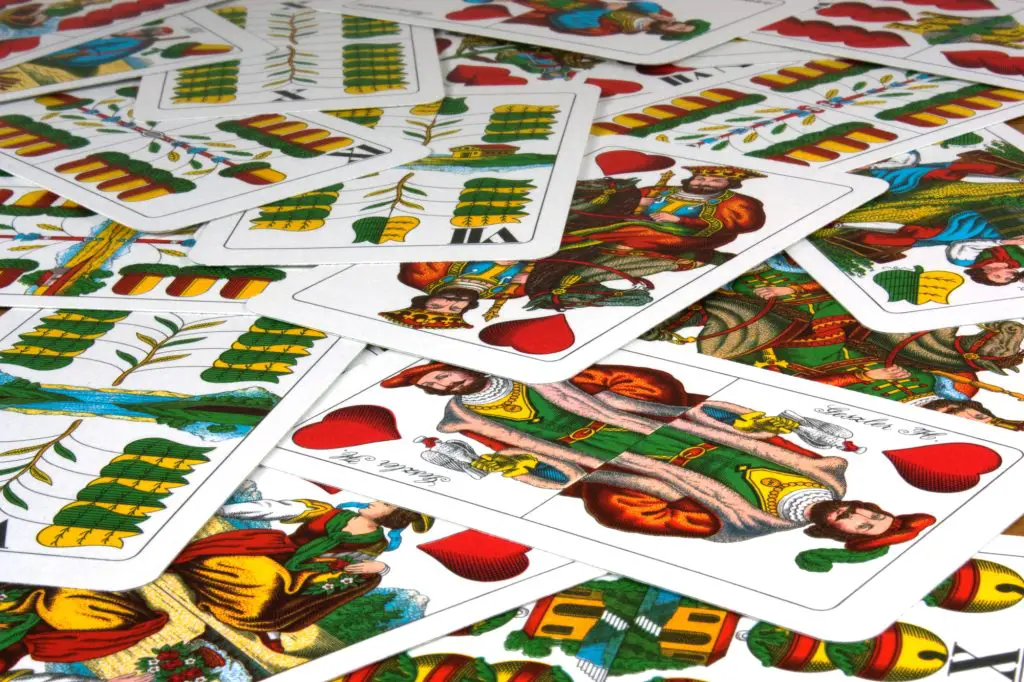
Solitaire is a card game that engages cognitive functioning, organizational skills, and relaxation.
Game 26: Sea of Solitude
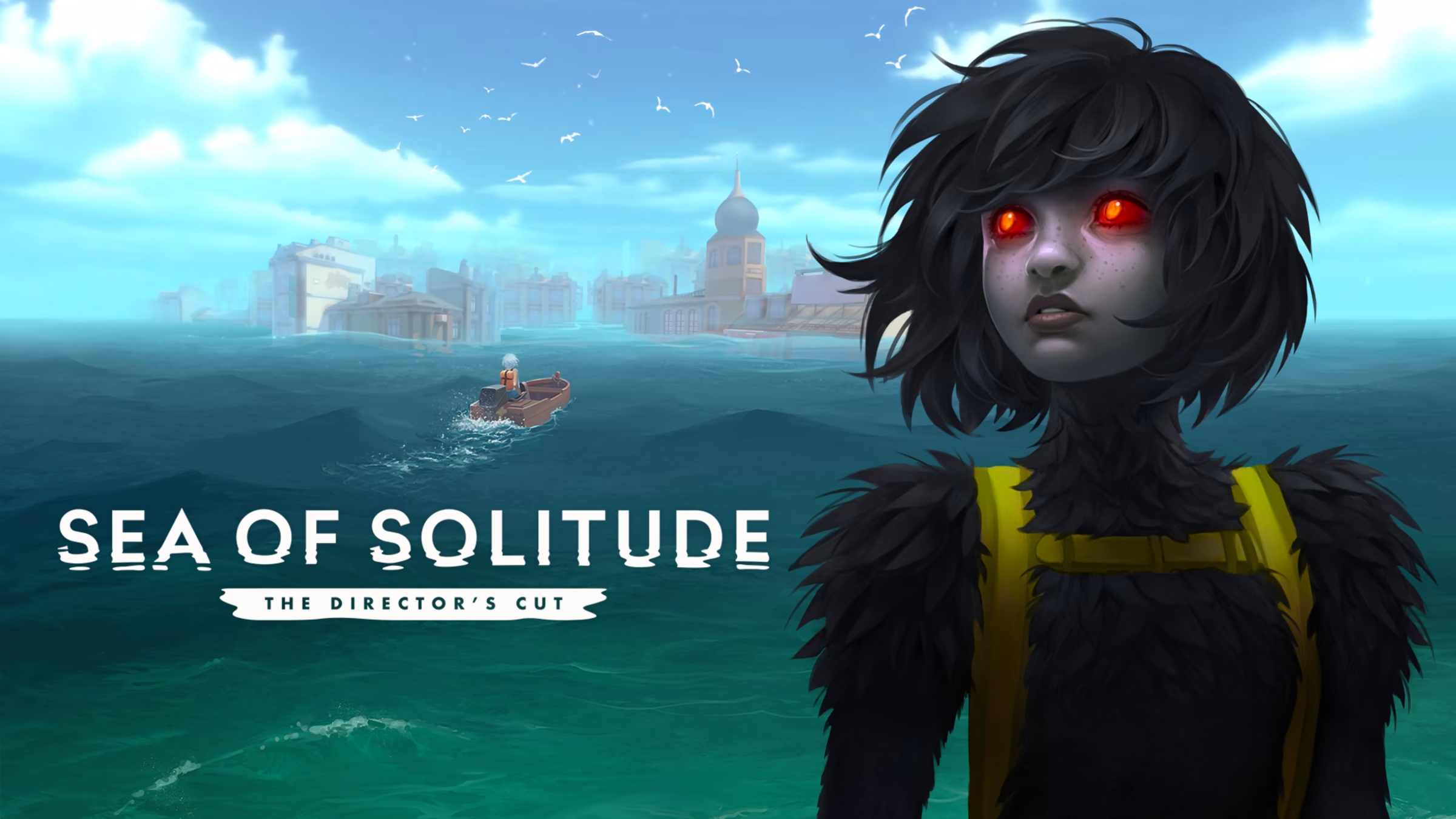
Sea of Solitude is an adventure video game that explores themes of loneliness, depression, and anxiety through a narrative-driven experience.
Game 27: Journey Color Paint by Number

Journey is a visually captivating game focusing on exploration and artistic expression, promoting relaxation and mindfulness.
Game 28: Ring Fit Adventure
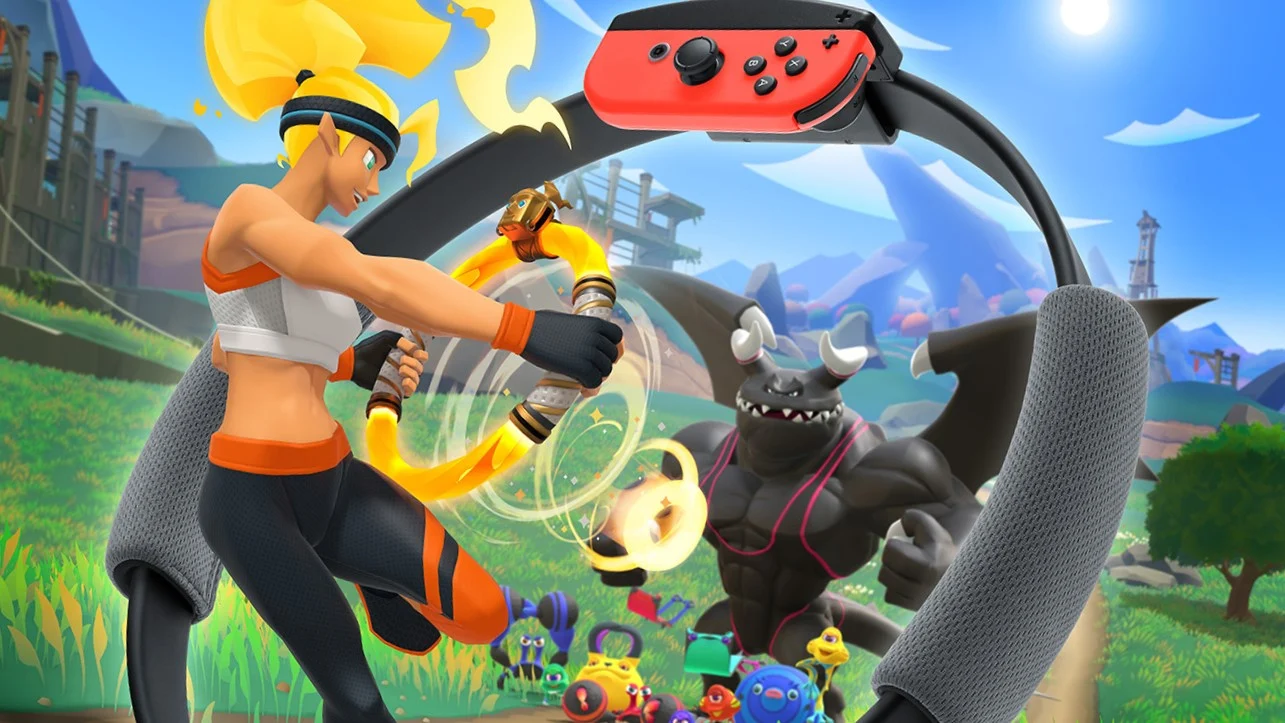
Ring Fit Adventure combines physical exercise with adventure gameplay on the Nintendo Switch, promoting physical and mental well-being.
Game 29: Escape Rooms
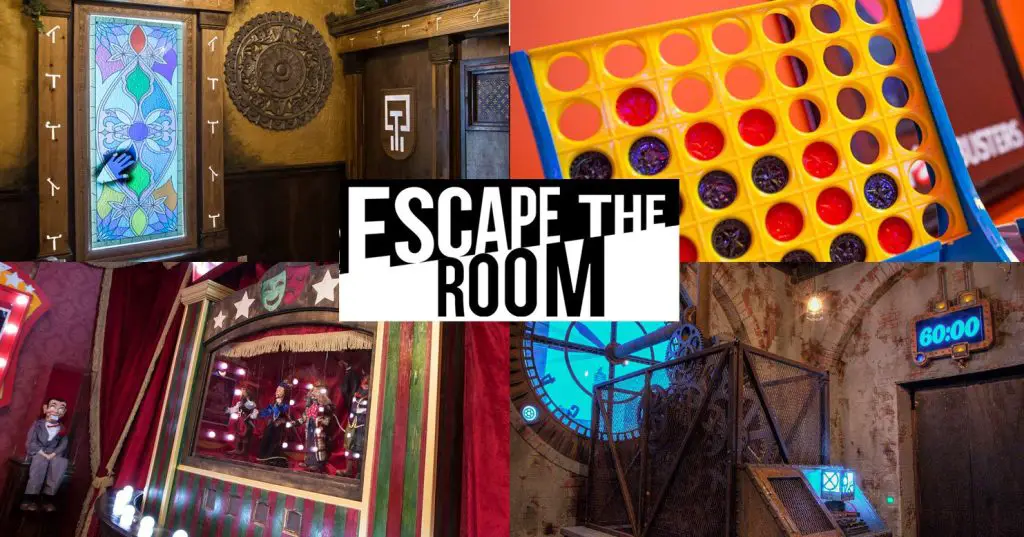
Escape rooms invite players to solve puzzles and riddles using clues, hints, and strategy to complete the objectives within a set time limit.
Game 30: Obstacle Course
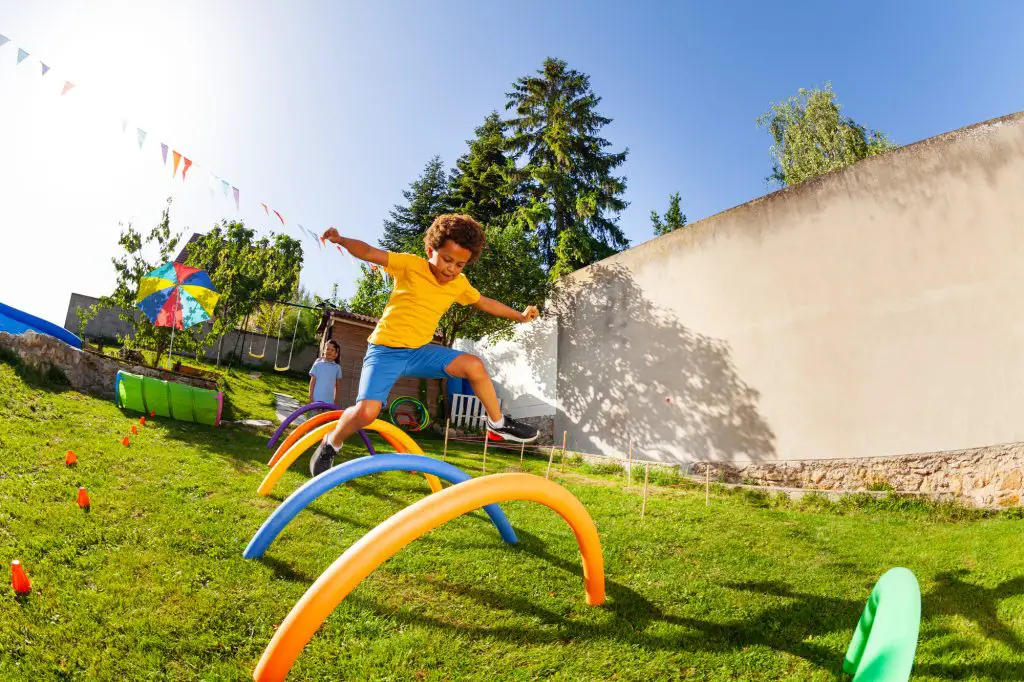
Obstacle Course set up includes a series of physical challenges and obstacles in an indoor or outdoor space, such as climbing walls, balance beams, and rope courses.
How to Choose the Right Game for You
When choosing one of the many games to play to support your mental health, considering your taste, the game’s therapeutic objectives, and the recommendations of a mental health professional can help ensure it is an enjoyable and beneficial experience.
Considerations for Individual Preferences
Everyone has unique personality traits, interests, and circumstances. Some people may feel refreshed after spending time with loved ones, which allows authenticity and connection. Group-based games that encourage vulnerability or high-energy play are more suitable than a single-player game for someone desiring time for introspection. People can also choose from games with more strategy, creativity, physical activity, or relaxation.
Tailoring Games to Specific Mental Health Goals
Games can be chosen based on various mental health symptoms and goals, such as anxiety, depression, and memory issues. Games involving memory or problem-solving can aid in cognitive enhancement, while artistic games like coloring or drawing may reduce anxiety and increase mindfulness. For those experiencing social anxiety or depression, group games give opportunities to build interpersonal communication skills and avoid isolation.
Professional Recommendations and Endorsements
Mental health providers often recommend games that align with clients’ treatment goals. By fully understanding an individual’s history, symptoms, and needs, they can identify which games may be most effective and are supported by research.
DIY Mental Health Games

Although many mental health games exist, creating your own DIY game can empower one’s imagination using available resources. This way, the game is more cost-effective, more tailored to the creator, and likely has the added benefit to your mental health when creating it.
Ideas for Creating Personalized Games for Mental Well-Being
- Board games that focus on self-discovery and coping mechanisms.
- Scavenger hunts that enhance curiosity and problem-solving skills.
- Crafts that challenge creativity and mindfulness.
- Play pretend games that invite imagination and practice interpersonal communication skills.
Encouraging Creativity and Self-Expression
Encouraging creative expression can be as simple as a DIY art therapy project, where individuals create visual representations of their thoughts and emotions. This could be a “Feelings Collage” or drawing exercises that prompt emotional exploration. Such activities support the expression of emotions that might be hard to verbalize and can be particularly empowering for children and teens, enhancing their emotional literacy and self-awareness.
Simple Activities for Everyday Use
Mental health games can be easily incorporated into everyday use to improve well-being. A deck of emotion cards can be created and used daily to help individuals identify and express their feelings. A timed scavenger hunt can increase the enjoyment of getting ready for the day. Painting or coloring by number before bed can engage your parasympathetic nervous system and encourage relaxation. By surrounding your everyday environment with mental health games that are enjoyable and simple, improving overall mental health can be more effortless than we sometimes realize.
Wrap-Up
The Positive Effects of Mental Health Games
Research and experience have shown that mental health games are beneficial for enhancing cognitive abilities and invaluable for emotional regulation and stress relief. Mental health games give everyone an accessible and fun way to improve mental health without much effort.
Explore and Incorporate These Games into Daily Life
Incorporating mental health games into daily life has a more significant impact on our overall mental health. It can impact our mood for the day, memory, problem-solving skills, capacity for empathy, and how we relate to others.
The Importance of Prioritizing Mental Well-Being
We will be physically, spiritually, and socially healthier if we are mentally healthy. Prioritizing our mental well-being affects how we feel and think and can have global significance. Feeling hopeful and behaving out of our motivation increases the likelihood of success in the workplace or volunteering for charity. The more people who live in this state, the more significant the impact on our society.
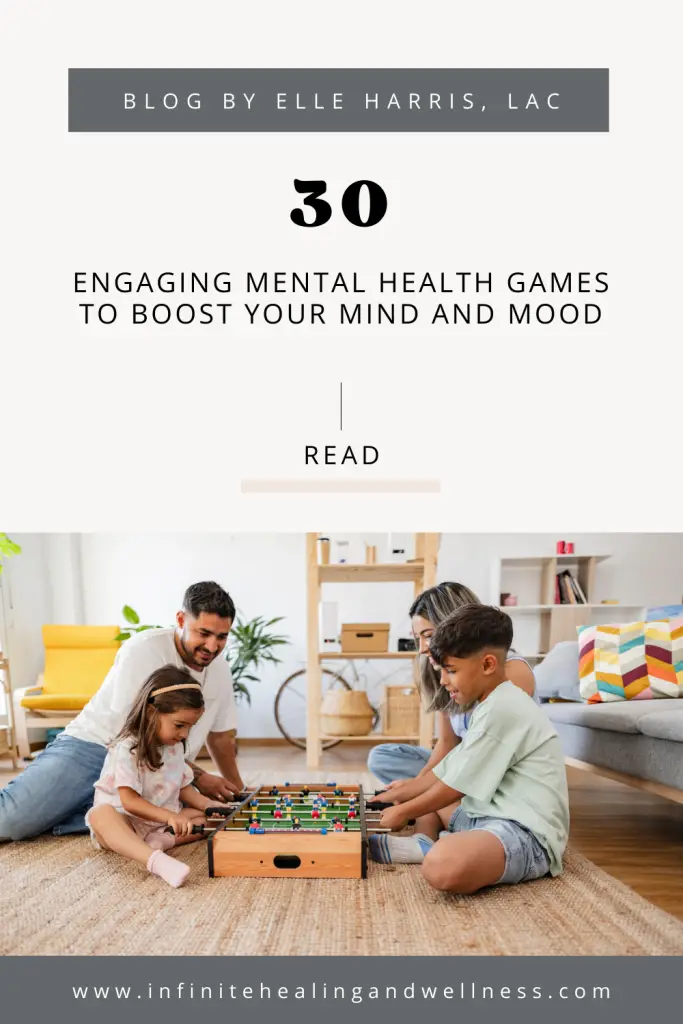
About the Author

Elle Harris is a Licensed Associate Counselor and EMDR Therapist at Infinite Healing and Wellness. With a master’s degree in clinical mental health counseling, Elle is dedicated to helping people navigate life’s challenges and achieve greater well-being. Specializing in areas such as trauma, anxiety, and depression, she is committed to providing a safe and supportive space for clients to explore their experiences, adaptations, and have a greater understanding of why we show up in this world the way we do. Outside of working with clients, Elle enjoys quality time with her husband and goldendoodle, fellowship with her church community, and playing indoor or outdoor games with her friends.
Frequently Asked Questions
Mental health games can be an engaging way to support emotional well-being for people of all ages. Here are some common questions about these games and activities.
What are some effective mental health games for children?
Children benefit from games that merge fun with emotional learning. Mindfulness games that teach awareness and regulation of emotions and board games that encourage social interaction and cooperation are particularly effective.
Could you suggest group activities that boost mental health for adults?
For adults, group activities like team-building exercises, role-playing scenarios, and problem-solving tasks can foster communication and reduce stress. Interactive therapy games can also serve adults by providing structured group experiences that promote mental wellness.
Are there any free online games designed to improve mental health?
Yes, online platforms offer free games to enhance mental health, such as puzzles, memory, and strategy games that can help with cognitive skills and stress relief. Some mental health trivia games educate players while providing fun and social interaction.
What games can be incorporated into the workplace to promote mental well-being?
Short mindfulness exercises or brain teasers can serve as mental breaks in the workplace. Collaborative games or team challenges can promote a sense of community and provide a positive, stress-reducing break from work.
How can games be used to raise awareness about mental health issues among adults?
Games that simulate real-life scenarios or role-play can educate adults about mental health by creating empathy and understanding. Trivia games focusing on mental health can also inform and engage adults in learning about mental health topics in a group setting.
Can you recommend some activities suitable for a mental health ward?
Activities on a mental health ward need to be tailored to individuals’ capabilities and needs. Simple board games, art therapy exercises, and gentle physical games like stretching or yoga can benefit patients and be easily adapted for therapeutic use.

